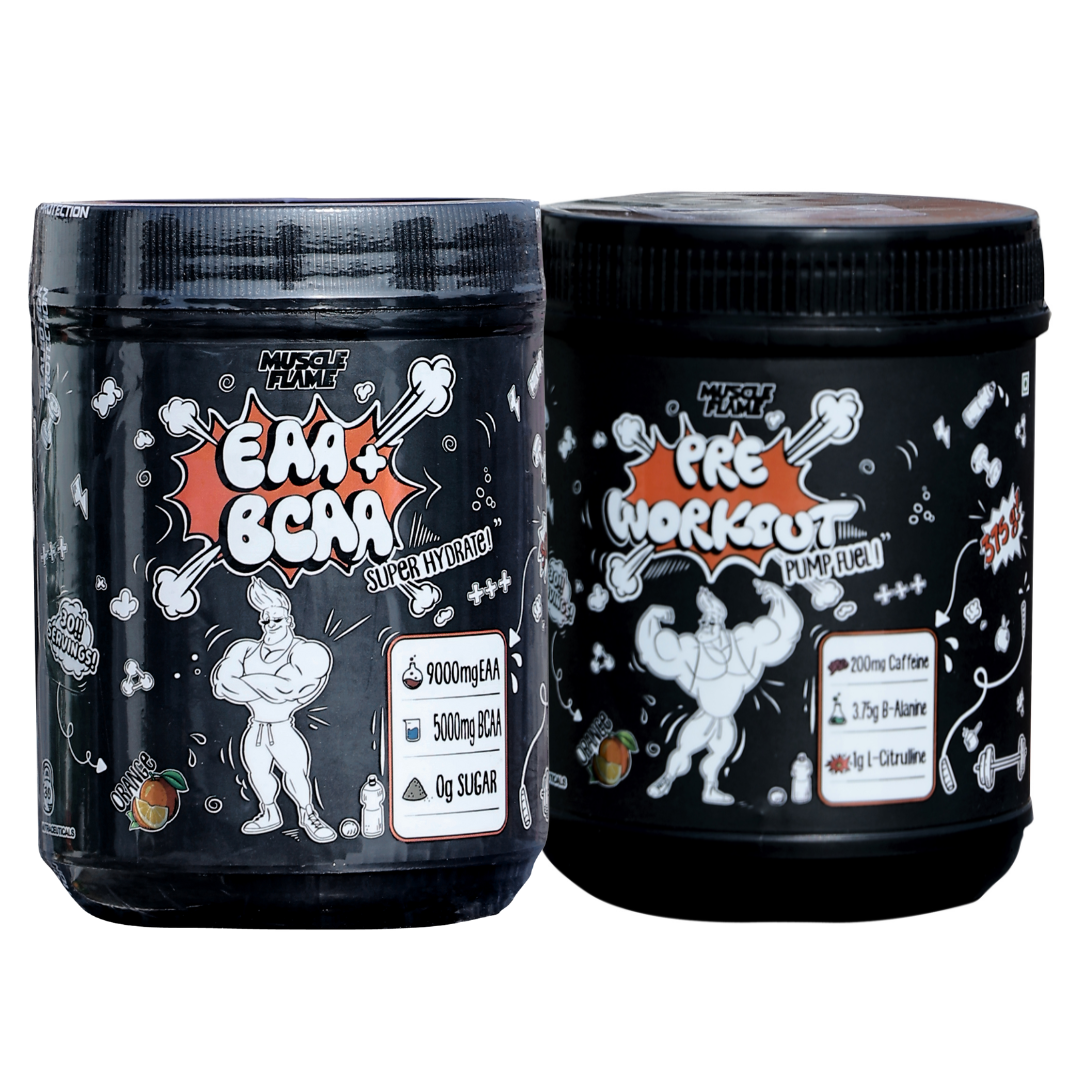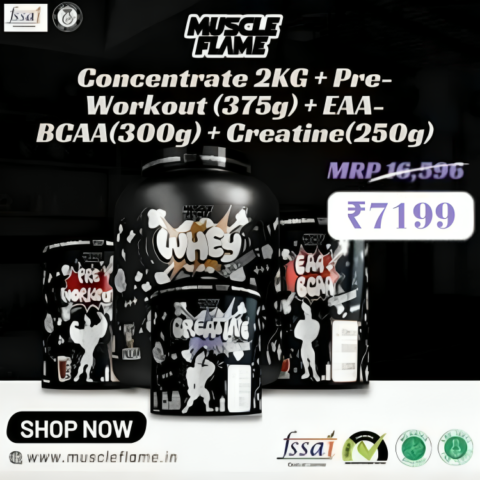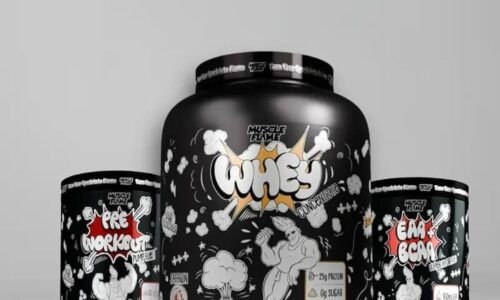
Addressing Popular Misconceptions About Workout Supplements
Supplements are ubiquitous in the fitness world, with gym enthusiasts and casual exercisers alike incorporating them into their routines. However, despite their widespread popularity, workout supplements are often surrounded by myths and misinformation. From exaggerated promises to misuse, these misconceptions can deter individuals from reaping the actual benefits of supplements or lead them down an unhealthy path.
In this article, we’ll uncover the truth behind workout supplement misconceptions, delve into their appropriate use, and highlight how to make informed choices. Whether you’re a seasoned athlete or a fitness newbie, understanding these nuances will help you navigate the supplement aisle with confidence.
—
What Are Workout Supplements?
Workout supplements are products designed to support physical activity by enhancing performance, recovery, or overall health. They come in various forms, including powders, pills, and drinks. Common examples include protein powders, pre-workouts, and creatine. While they serve a specific purpose, they should complement—not replace—a balanced diet and proper training.
The Role of Supplements in Fitness
Supplements are not miracle solutions but tools that, when used appropriately, can amplify your fitness results. They help address nutritional gaps, improve energy levels, and support recovery. However, their effectiveness depends on proper usage and realistic expectations.
–
Popular Misconceptions About Workout Supplements
Supplements Are a Shortcut to Fitness Goals
One of the biggest myths is that supplements can replace hard work. Many believe that taking a pre-workout or protein shake will yield results without consistent effort. The truth? Supplements are effective only when paired with a disciplined training regimen and diet.
All Supplements Are Created Equal
Another common belief is that all supplements are equally effective, leading people to choose cheaper or unverified products. Quality matters—subpar supplements may lack potency or contain harmful additives. Always research brands and opt for third-party-tested products.
The More Supplements, the Better
The “more is better” mindset can be harmful. Excessive intake of certain supplements, like pre-workouts or creatine, can strain the liver and kidneys. Adhering to recommended doses is crucial to avoid potential health risks.
Supplements Work Instantly
Many users expect immediate results, especially with fat burners or muscle builders. However, most supplements take weeks or months to show noticeable effects. Patience and consistency are key.
Supplements vs. Whole Foods: Clearing the Air
While supplements are convenient, they cannot match the complexity of whole foods. Whole foods provide fiber, antioxidants, and nutrients that work synergistically. For example, a protein shake post-workout is beneficial, but lean meats or legumes provide additional micronutrients for overall health.
—
Who Really Needs Workout Supplements?
Not everyone needs supplements. They are most beneficial for individuals who:
– Struggle to meet nutritional needs through diet alone
– Have intense training regimens requiring higher protein or energy intake
– Aim to address specific fitness goals, like muscle gain or endurance
—
Commonly Misunderstood Types of Workout Supplements
Protein Powders
Myth: Protein powders are steroids.
Fact: Protein supplements are simply concentrated sources of protein derived from foods like milk or plants, aiding muscle repair and growth.
Pre-Workout Supplements
Myth: Pre-workouts are dangerous.
Fact: While some pre-workouts can cause jitters due to high caffeine levels, choosing low-stimulant options can prevent such side effects.
Creatine
Myth: Creatine causes bloating and kidney damage.
Fact: Research shows creatine is safe and effective when taken in recommended doses. It aids strength and endurance without long-term harm.
—
How to Choose the Right Workout Supplements
1. Identify Your Goals:** Are you looking to build muscle, improve endurance, or recover faster? Your goal will determine the type of supplement you need.
2. Check Labels:** Look for transparency in ingredient lists and avoid products with unnecessary fillers.
3. Seek Professional Advice:** Consult a nutritionist or fitness coach to tailor supplements to your needs.
4. Consider Timing:** For example, protein is most effective post-workout, while pre-workouts should be consumed 30 minutes before exercise.
—
How to Avoid Overuse of Supplements
Moderation is vital. Over-reliance on supplements can lead to nutrient imbalances or health issues. Create a schedule and stick to recommended dosages. Remember, supplements are there to “supplement” your routine, not dominate it.
—
The Psychological Impact of Misconceptions
Believing in myths like “instant muscle gain” or “guaranteed fat loss” can lead to frustration and demotivation. Building a realistic understanding of supplements fosters a healthier mindset toward fitness.
—
FAQs
Are workout supplements safe for everyone?
Not always. Individuals with pre-existing conditions or those on medication should consult a doctor before starting any supplement.
Do I need protein supplements if I eat a high-protein diet?
Not necessarily. Whole foods should be your primary source of nutrients. Protein supplements are helpful only when dietary intake is insufficient.
What is the best supplement for beginners?
Protein powders and multivitamins are safe starting points. They cover basic needs without overwhelming new users.
Can supplements cause dependency?
No, but psychological reliance can occur if they are perceived as essential rather than supplementary.
Do natural supplements work better than synthetic ones?
Both types can be effective. The quality and formulation of the supplement matter more than its origin.
Can I take multiple supplements at the same time?
Yes, but ensure there are no harmful interactions. Consulting a professional is advised.
—
Conclusion
Understanding the truths about workout supplements empowers individuals to make informed choices and maximize their fitness potential. By separating fact from fiction and using supplements responsibly, you can enhance your physical performance and overall well-being without falling victim to myths.







